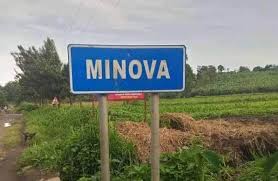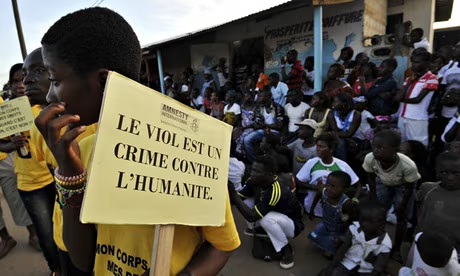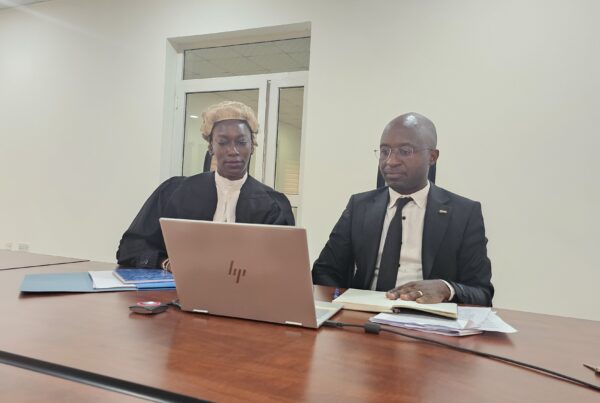Brief Facts
The Nubian community in Kenya has been subject to the persistent denial of their civil, political, economic, social and cultural rights, as they are not considered citizens of Kenya, even though they have lived in the country for more than a century. This denial of citizenship notably deprives them of access to employment in the formal sector and the right to vote. This means that most Nubians remain extremely poor. They suffer from low levels of income, poor access to health services, malnutrition, illiteracy, low educational standard and lack access to basic social amenities.
Alleged Violations of the African Charter on Human and Peoples’ Rights
Article 1 – Obligation of member States
Article 2 – Right to freedom from discrimination
Article 3 – Right to equality
Article 5 – Prohibition of torture and cruel, inhuman and degrading treatment
Article 7 – Right to fair trial
Article 12 – Right to freedom of movement
Article 13 – Right to participation in government
Article 14 – Right to property
Article 15 – Right to work
Article 16 – Right to health
Article 17 – Rights to education
Article 18 – Protection of family and vulnerable groups
Article 19 – Right of all people to equality and rights
Venue
In November 2005, IHRDA, OSJI and CEMIRIDE filed a communication before the African Commission on Human and Peoples’ Rights (the Commission) on behalf of the Nubian community in Kenya.
Status of the Communication
In May 2007, the admissibility brief and oral arguments were presented during the 41st ordinary session of the ACmHPR in Accra, Ghana. After its 46th Ordinary session held in Banjul, The Gambia, in November 2009, the ACmHPR formally wrote to IHRDA, OSJI and CEMIRIDE informing them that the communication was found admissible. They were further invited to submit their brief on the merits, which was done before the 47th ordinary session of the Commission which was also held in Banjul, The Gambia, in May 2010. The final decision on the merits is still awaited.
Litigation Partners
IHRDA’s litigation partners in this communication are Open Society Justice Initiative (OSJI) and the Center for Minority Rights Development (CEMIRIDE).




